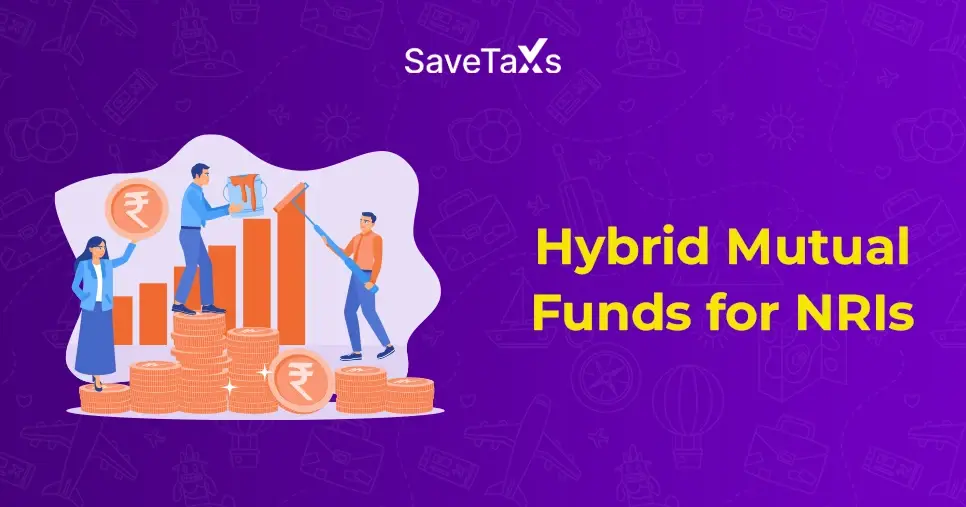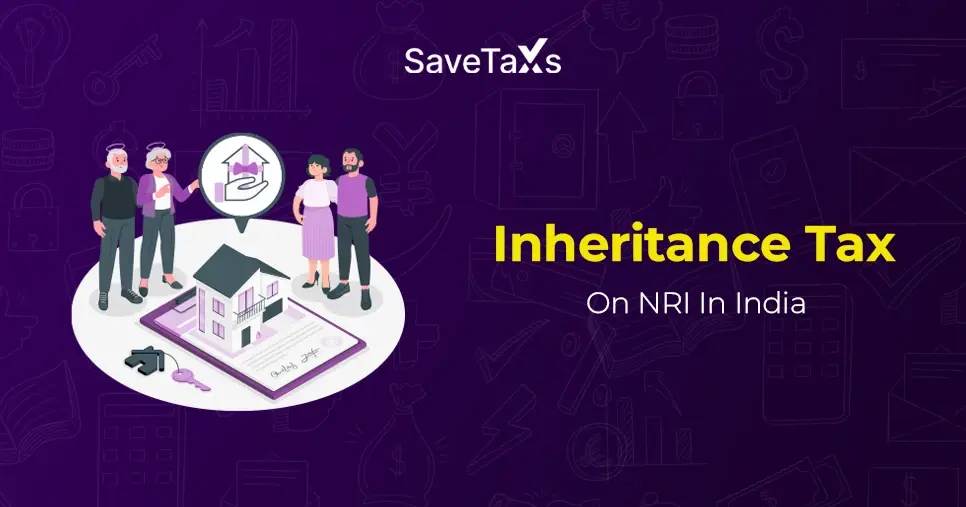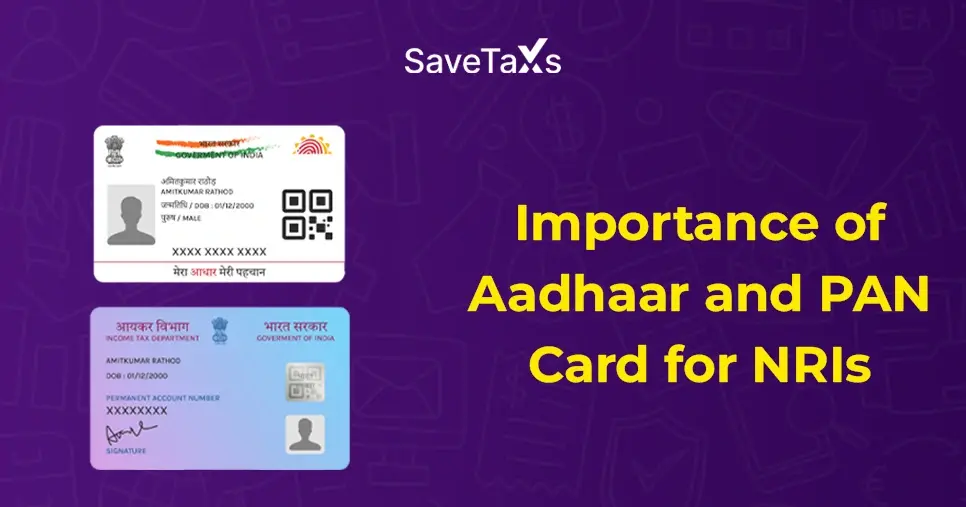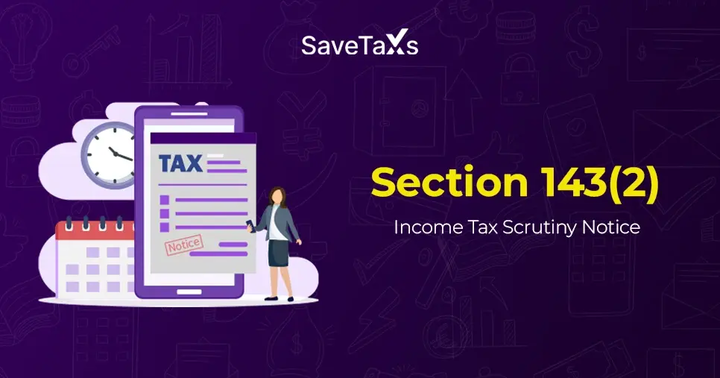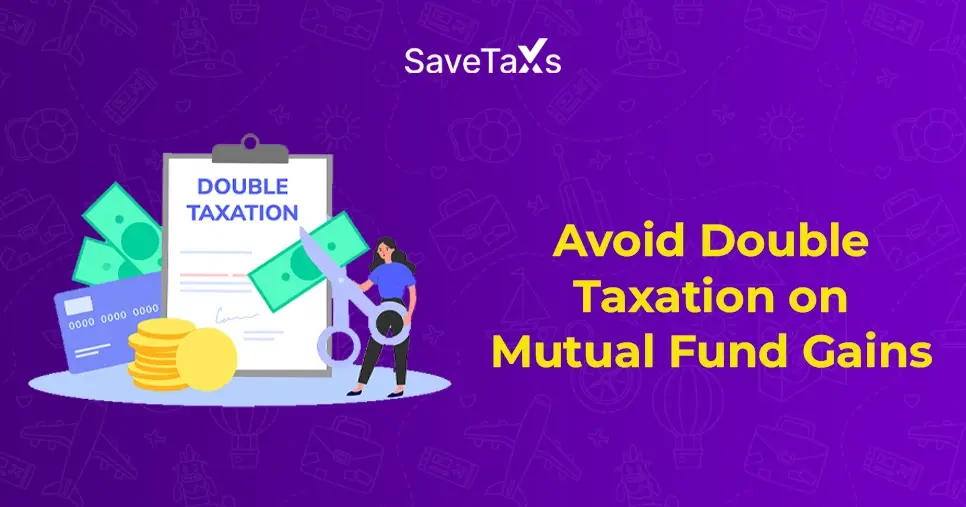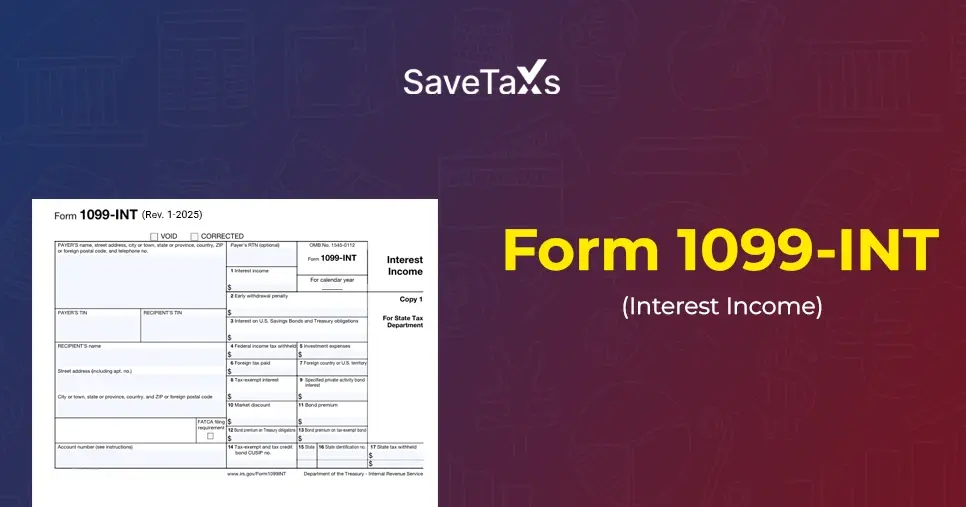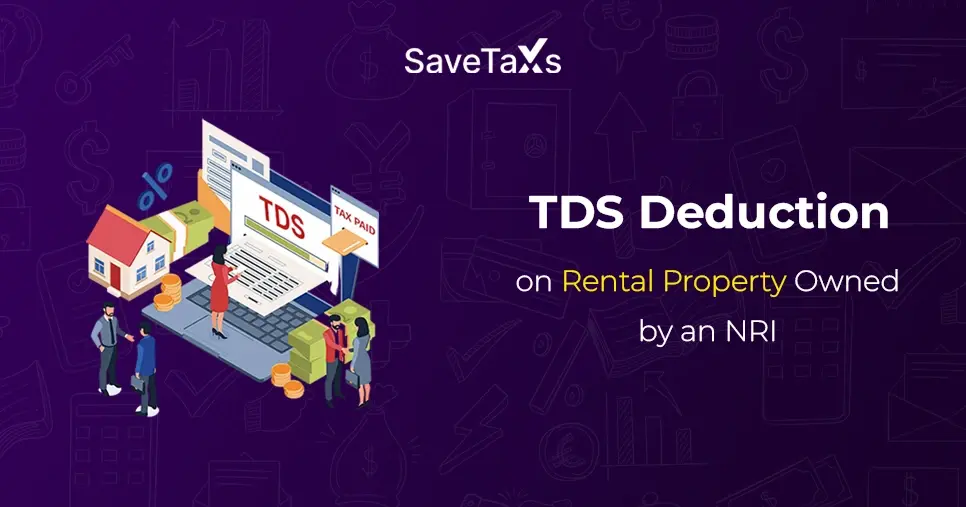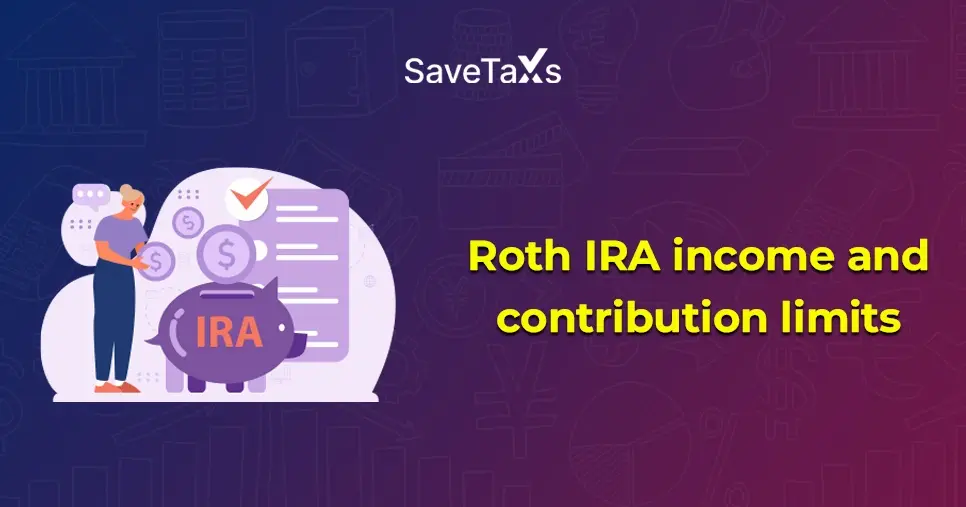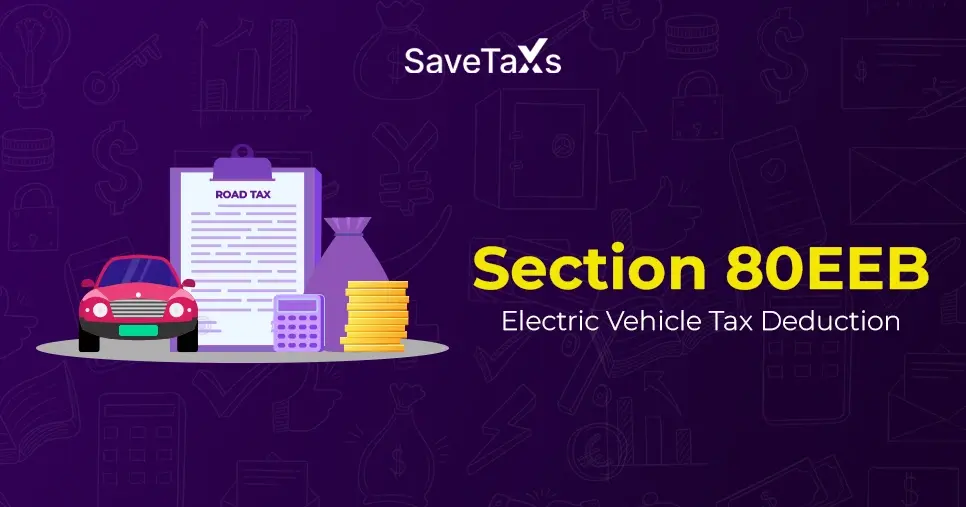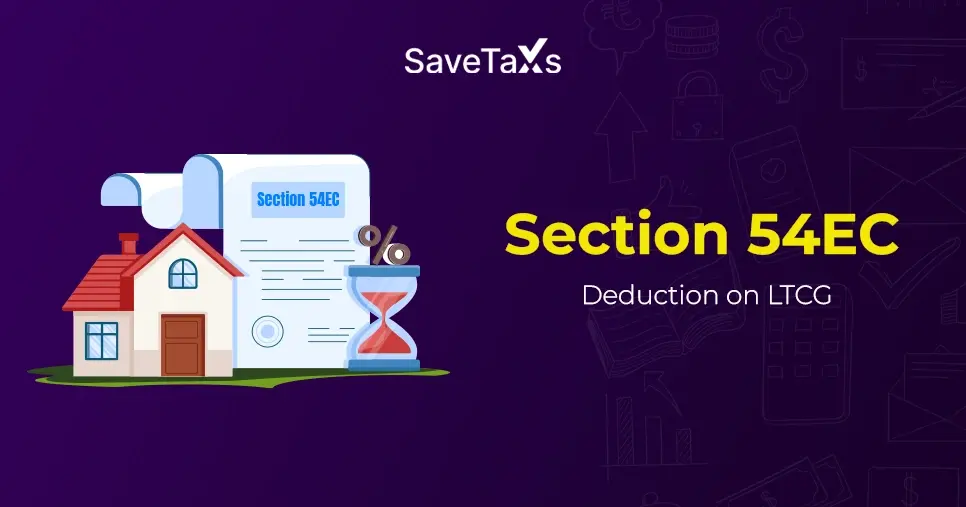- What Is Income Tax Audit Under Section 44AB?
- Objectives of Tax Audit Under Section 44AB
- Turnover Limit for Income Tax Audit Under Section 44AB
- Situations Where the Person Needs to be Audited Under Other Laws
- What Constitutes a Tax Audit Report?
- Last Date of the Income Tax Audit
- How and When Tax Audit Reports Should be Furnished?
- Penalties for Delaying or Non-filing a Tax Audit Report
- Final Thoughts
The Indian taxation system aims to certify financial transparency and encourage voluntary compliance, and to do so, it makes a complex set of tax rules. Considering this, section 44AB of the Income Tax Act 1961 is one of the essential parts of the tax laws that showcase these ideas. This section talks about the accounts auditing of certain individuals, whether Indians and non-resident Indians (NRIs) who are professionals with a gross income exceeding INR 50,00,000 and businesses with a turnover of INR 1 crore or more in a financial year in India. Through tax auditing, accounts of these individuals are verified and examined by the income tax officials. It further helps in income computation for filing income tax returns in India. Want to know more about it and on whom it is applicable? Then you are on the right page. Read this blog and learn in detail about the income tax audit under section 44AB.
What Is Income Tax Audit Under Section 44AB?
In simple words, a tax audit is a review or examination of the books of accounts of any profession or business carried out by a taxpayer in India on exceeding certain turnover limits in a financial year. Under various tax laws, different audit types are conducted, such as cost audits, statutory audits under company law, and more. It certifies that the taxpayers in India comply with the provisions and laws of the Income Tax Act and mention their accurate deductions and income.
Considering this, section 44AB of the Income Tax Act states the provisions associated with tax audits. It mentions the conditions under which a taxpayer needs to get their accounts audited. For instance, if a business earns a turnover of INR 1 crore or a professional's total income in a financial year exceeds INR 50,00,000, they need their accounts to be audited. This section aims to certify that the taxpayers maintain accurate and complete financial records and books of accounts. Additionally, section 44AB plays an important role in reviewing comprehensive details of the income, tax deductions, taxes, and other financial information of the taxpayer. Furthermore, once the tax audit is conducted, a Chartered Accountant is accountable for the preparation and submission of the audit report electronically to the Income Tax Department.
This was all about an income tax audit under section 44AB. Moving ahead, let's know the objectives of the tax audit under this section.
Objectives of Tax Audit Under Section 44AB
Under section 44AB of the Income Tax Act, a tax audit, while aiming at improving accuracy, transparency, and compliance in the tax reporting, serves various key purposes. The key objectives of the tax audit include:
- It ensures that the taxpayers have maintained their books of accounts properly and these have been cross-verified by a Chartered Accountant (tax auditor).
- Reporting discrepancies/ observations found by a tax auditor during the examination of the books of accounts.
- To report prescribed details such as tax depreciation, compliance with several tax provisions of the Income Tax Act 1961, and other associated financial information.
- Through tax auditing, the taxable income and the eligible tax deduction calculation become easier and more reliable for taxpayers and tax officials.
- Tax audit also helps in cross-verifying the information mentioned in the income tax return of the taxpayer, including claimed tax deductions, and paid income taxes.
These are the key objectives of an income tax audit under section 44AB of the Income Tax Act. Moving ahead, let's know the turnover limit of the tax audit.
Turnover Limit for Income Tax Audit Under Section 44AB
If the turnover or gross income of a business is more than INR 1 crore or INR 10 crore in case cash transactions are made, but is not more than 5% of the total transaction, i.e., cash payments/ receipts are not more than total payments/ receipts, a taxpayer needs to conduct a tax audit. In addition to this, for professionals, filing a tax audit is mandatory if the total receipts are more than INR 50,00,000 in a financial year. However, there are other situations as well where taxpayers need to audit their accounts. Want to know? Have a look at the table below and get your answers. Under section 44AB, the following are the taxpayers' categories that need to conduct a tax audit:
| Category of a Person | Income Tax Audit Limit |
|---|---|
| Business | |
| Carrying on business (not choosing for presumptive taxation scheme) |
If the total turnover, sales, or gross receipts is more than INR 1 crore in a financial year. OR If cash transactions are up to 5% of total payments and gross receipts, the tax audit will be done if the threshold limit of turnover is INR 10 crores (w.e.f. financial year 2020-21). |
| Under section 44AE, 44BB, or 44BBB, carrying on business is eligible for presumptive and chosen the same in the last year. | Under the presumptive taxation scheme, claims gains or profits lower than the stated limit. |
| Under section 44AD, carrying on business is eligible for presumptive and chosen the same in the last. year | Under the presumptive tax scheme, the taxpayer declares income that is taxable below the prescribed limits and has income exceeding the basic exemption limit, i.e., INR 2,50,000. |
| Under section 44AD, carrying on the business, and not applicable to claim presumptive taxation due to choosing out for presumptive taxation in any one accounting year of the lock-in period (5 consecutive years from when the taxpayer opted for presumptive tax scheme). | If income is more than the basic tax exemption limit in the subsequent five consecutive tax years from the fiscal year in which the taxpayer did not opt for presumptive taxation. |
| Profession | |
| Carrying on a profession | Total gross income is more than INR 50,00,000 in a fiscal year |
| Under section 44ADA, carrying on a profession that is eligible for presumptive taxation |
|
| Business Loss | |
| In case there is a business loss and the presumptive taxation scheme is not chosen | Total turnover, sales, or gross income is more than INR 1 Crore. |
| If the total income of the taxpayer is more than the basic exemption limit, but he/she has incurred a loss from carrying on a business (not choosing for presumptive taxation scheme) | In case of business loss, when turnover, sales, or gross income is more than INR 1 crore, under section 44AB, the taxpayer is subject to tax audit. |
These are the turnover limits for income tax audit under section 44AB. Moving further, let's know the circumstances in which individuals are subjected to tax audit under other tax laws.
Situations Where the Person Needs to be Audited Under Other Laws
There are certain situations where the accounts of a person are audited under other applicable tax laws, such as a statutory audit of companies under the provisions of company law. In these circumstances, a person does not need to file a separate audit under section 44AB. In case, under any other law, if the accounts of a person are already audited before the due date of the ITR filing, the taxpayer can submit that audit report to fulfill the tax requirements under the Income Tax Act. Without conducting a different tax audit, it is sufficient to provide the prescribed report.
These are the circumstances where the accounts of a person are audited under other laws. Moving ahead, let's know what constitutes a tax audit report.
What Constitutes a Tax Audit Report?
An audit report is a document that showcases the results of the auditing procedure. The audit report is provided under Rule 6G of the Income Tax Rules. It is prepared and filed online by a chartered accountant. According to the particulars mentioned in the Form 3CD, the CA fills out the audit report. Furthermore, in the following cases, the CA shall furnish the audit report in a prescribed form, which could be either Form 3CA or Form 3CB:
- Form 3CA is filed when, under any other tax law for an individual carrying on a profession or business, it is mandatory to get the books of accounts audited.
- Form 3CB is filled when, under any other tax law, for a taxpayer carrying on a profession or business, it is optional to get their books of account audited.
- Form 3CE is prepared when non-resident Indians, individuals, and foreign companies receive fees or royalties from the government for providing technical services.
In case of either of the above-mentioned audit reports, it is mandatory for the CA to fill out Form 3CD in both scenarios, whether Form 3CA or 3CB is used. Form 3CA contains the detailed disclosures and particulars. This form is an important annex to the audit reports and consists of the details of tax deductions, earned income, loans, compliance with tax laws, and other associated financial information.
This was all about what constitutes a tax audit report. Moving further, let's know the last date of the income tax audit.
Last Date of the Income Tax Audit
For the financial year 2024-25 (and assessment year 2025-26), under the Income Tax Act, the due dates for completing the tax audit are as follows:
- 30 September 2025: Under section 44AB, for taxpayers who need to audit their accounts (non-transfer pricing cases).
- 31 October 2025: Under section 92E of the Income Tax Act, for taxpayers who need to complete a transfer pricing report (i.e., specified domestic or international transactions).
To avoid any penalties and certify timely filing of the ITR, it is vital to complete the tax audit report and file the audit report by the above-mentioned dates. Now, moving ahead, let's know how and when reports of tax audit should be furnished.
How and When Tax Audit Reports Should be Furnished?
The tax auditor (Chartered Accountant) shall online furnish the tax audit report using his login credentials in the 'Chartered Accountant' box available on the income tax website. In their login portal, the taxpayers also need to mention the details of the CA. Once the tax audit report is uploaded by the CA on the login portal of the taxpayer, it should be either rejected or accepted. In case it gets rejected for any reason by the taxpayer, all the procedures need to be done again till the taxpayer accepts the audit report.
Moreover, as mentioned above, the last date of filing the tax audit report is 30 September of the subsequent year for all taxpayers. However, if the taxpayer is part of an international transaction, for them, the last date of filing the tax audit report is 31 October of the subsequent year. Here, the assessment year is denoted as the subsequent year. Additionally, the audit report should be filed on or before the stated due dates.
This is all about how and when tax audit reports should be furnished. Moving further, let's know the penalties you may face for non-filing or delaying a tax audit report in India.
Penalties for Delaying or Non-filing a Tax Audit Report
Under section 44AB of the Income Tax Act, if a taxpayer who is required to file a tax audit fails to do so within the due date, under section 271B, a penalty may be imposed on them. From the following, the least amount would be levied as a penalty:
- INR 1,50,000
- 0.5% of the total turnover, sales, or gross income in a financial year
However, if an individual delays getting the tax audit due to a reasonable reason accepted by the court/ tribunals, then under section 271B of the Income Tax Act, no penalty is charged. Want to know the reasonable causes where a tax audit report can be delayed? Read the mentioned points and get your answers.
Exemption From Paying Penalty Under Section 271B
These are the following scenarios where taxpayers do not need to pay a penalty under section 271B:
- Natural calamities
- Loss of accounts because of circumstances that were not under the control of the assesses
- Consequent delay due to the resignation of tax auditor
- Labour issues such as lockouts, strikes for an extended time
- Resignation of key employees/ accountant
- Death or physical inability of the partner or the individual accountable for maintaining the accounts
These are the penalties that taxpayers need to pay in case they delay or fail to file the tax audit report on the due date, and the circumstances under which they get relief from paying any penalty.
Final Thoughts
To ensure that Indian professionals and businesses are following the taxation and compliance laws, the Indian government and tax officials use tax audits. It plays a vital role in maintaining accuracy and transparency in financial transactions. If you are also a taxpayer in India, whether an Indian resident or an NRI, you should also follow the provisions that come under section 44AB of the Income Tax Act. This section states that to furnish an audit report for taxation, all taxpayers need to audit their books of accounts if they fall under the above-mentioned categories. Through this, the income-related activities such as tax claimed, deducted, and more of the taxpayer are clearly shown. Are you also looking an assistance for a tax audit? Connect with Savetaxs and let our professionals handle your tax matters.
Note: This guide is for informational purposes only. The views expressed in this guide are personal and do not constitute the views of Savetaxs. Savetaxs or the author will not be responsible for any direct or indirect loss incurred by the reader for taking any decision based on the information or the contents. It is advisable to consult with either a Chartered Accountant (CA) or a professional Company Secretary (CS) from the Savetaxs team, as they are familiar with the current regulations and help you make accurate decisions and maintain accuracy throughout the whole process.

Mr Varun is a tax expert with over 13 years of experience in US taxation, accounting, bookkeeping, and payroll. Mr Gupta has not prepared and reviewed over 5000 individual and corporate tax returns for CPA firms and businesses.
Want to read more? Explore Blogs
Frequently Asked Questions
No matter what your source of income is, we've got you covered. There’s a plan for everybody!
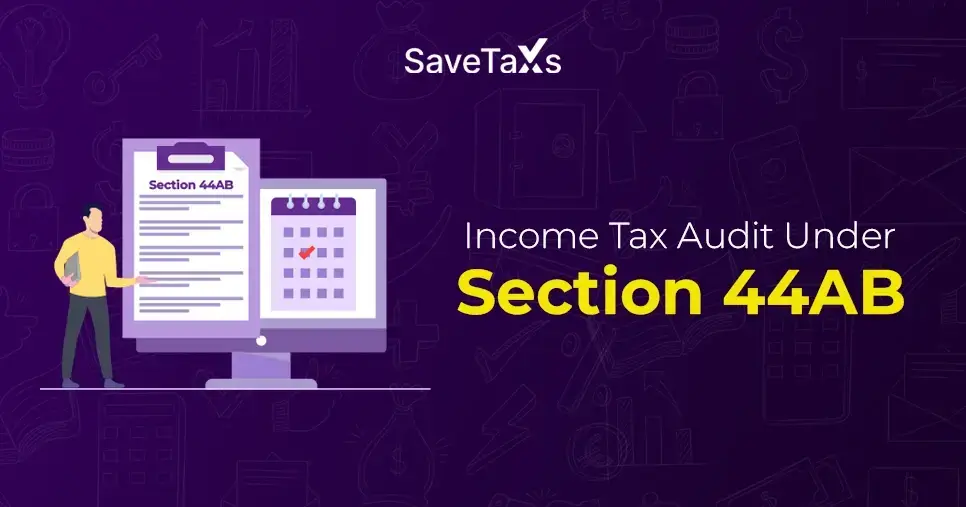
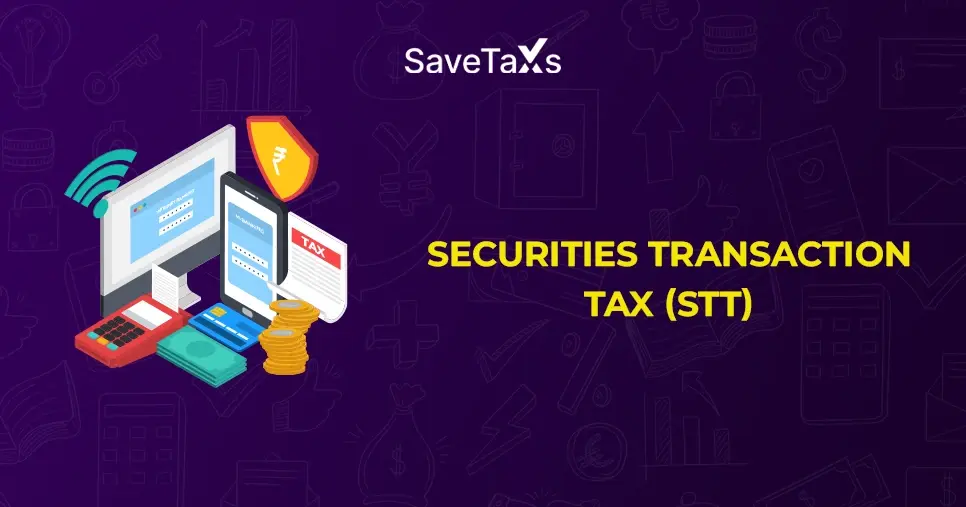
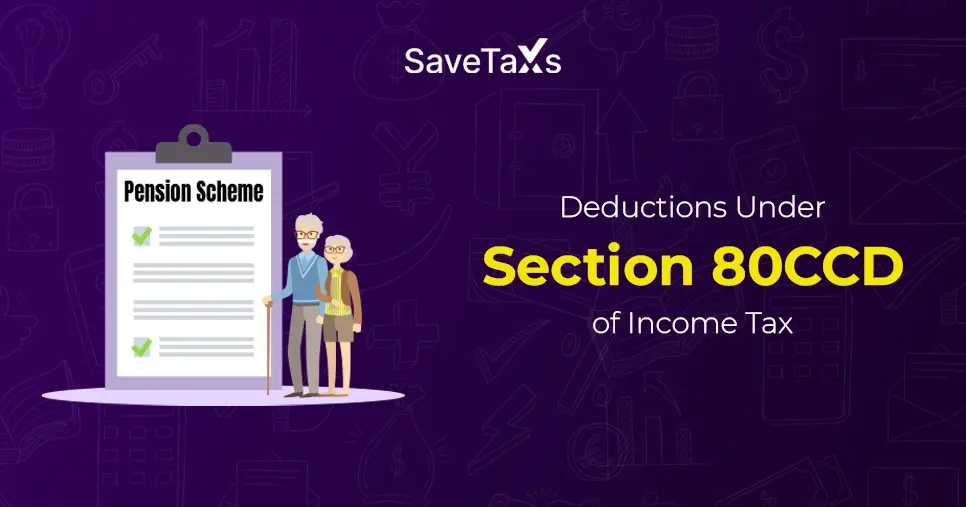
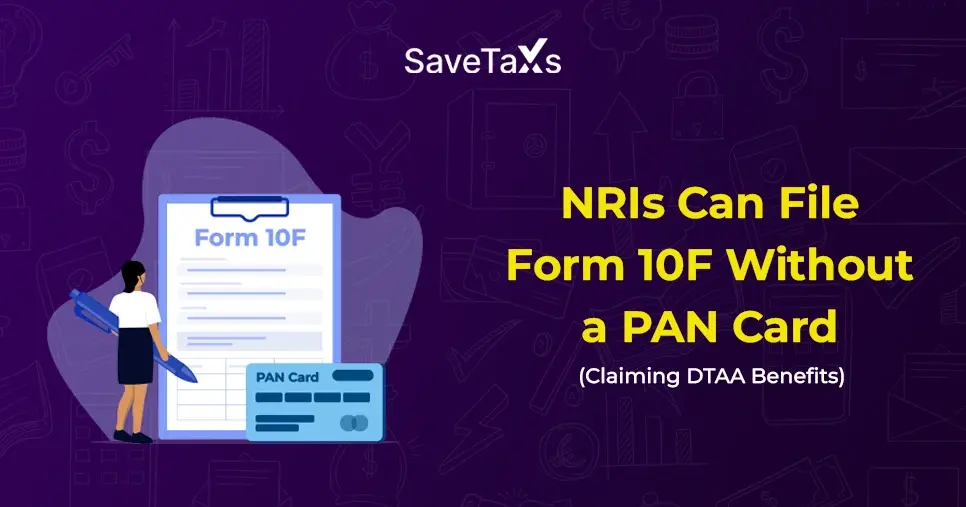
_1767696432.webp)
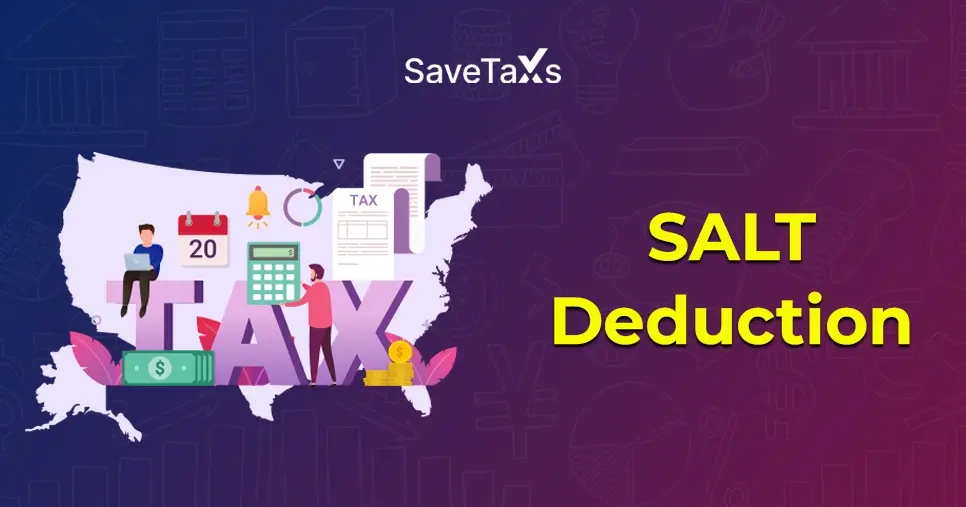
_1766396437.webp)
